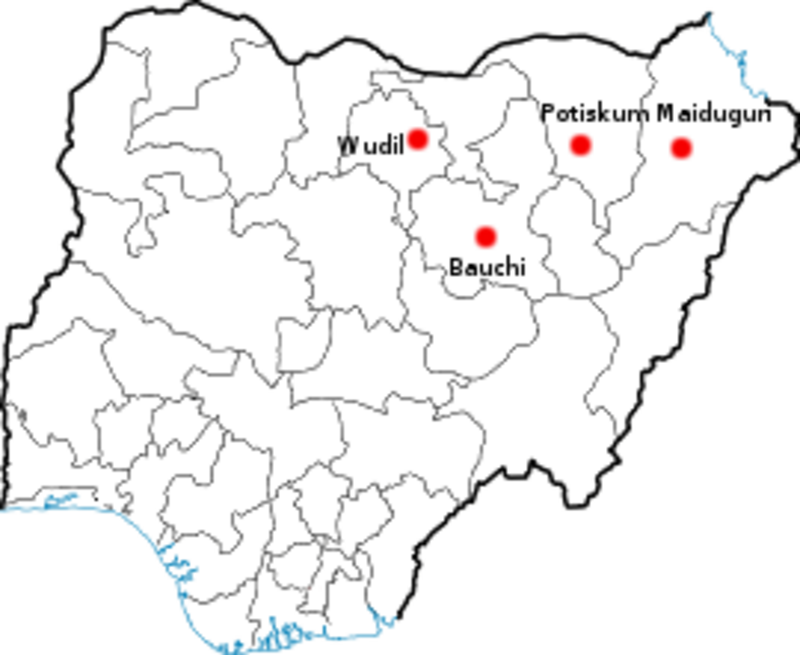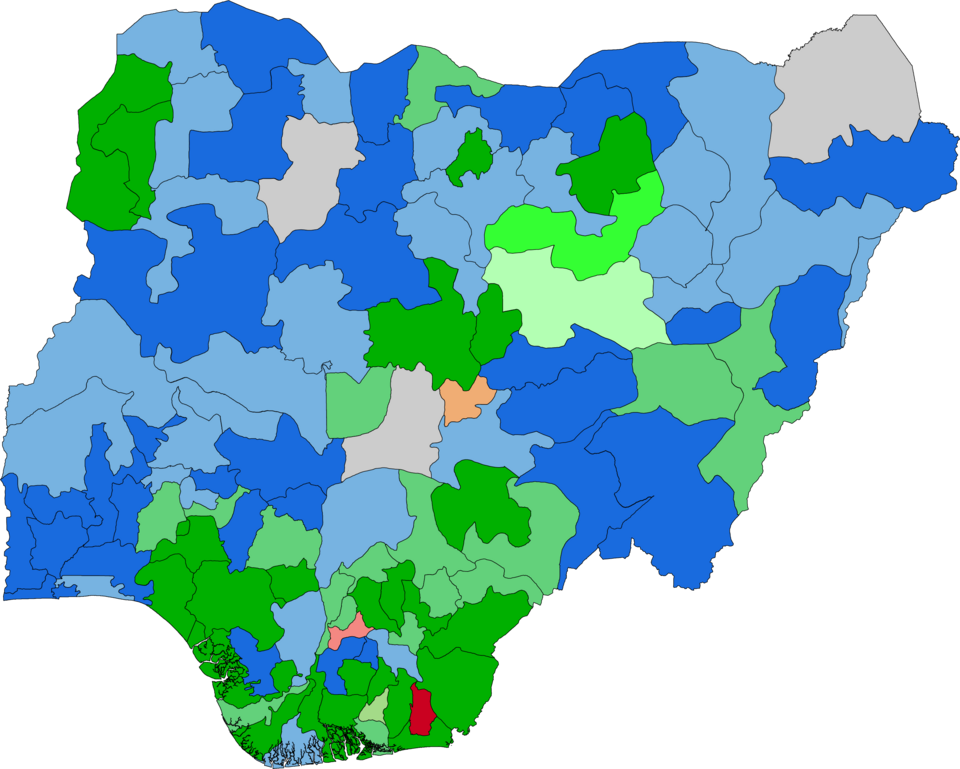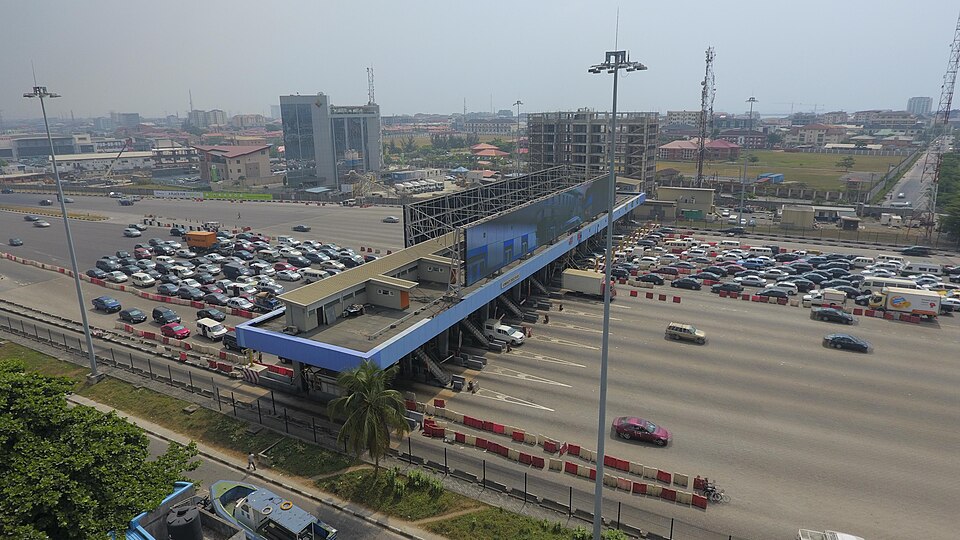For decades, Nigeria's wealth has been measured in barrels. Oil has defined our economy, our politics, our very identity as a nation. But what if we've been measuring the wrong thing? What if Nigeria's greatest asset isn't what lies beneath the soil, but what lies within the minds of its people?
Samuel Chimezie Okechukwu's Brain Not Barrel: Prioritizing Knowledge Over Oil for Nigeria's Future presents a radical thesis that could fundamentally reshape how we think about national development. This isn't just an argument for education reform; it's a comprehensive blueprint for transforming Nigeria from a resource-dependent economy to a knowledge-driven global leader.
The Resource Trap
Okechukwu begins by dissecting the systemic failures that trap resource-rich nations in cycles of poverty and conflict. The book shows how oil wealth has created dependency, corruption, and instability rather than sustainable prosperity. But more importantly, it demonstrates how this isn't inevitable—it's the result of specific policy choices that can be changed.
The book examines the "resource curse" not as fate but as a trap that can be escaped. Through detailed analysis of other nations' experiences, Okechukwu shows how resource wealth can be managed effectively, but more importantly, how nations can transition beyond resource dependency entirely.
Education as Liberation
The book makes a compelling case that education is the key to liberation from resource dependency. But this isn't just about building more schools or increasing enrollment. Okechukwu presents a comprehensive vision of education reform that goes far beyond traditional approaches.
The book details the crucial integration of digital and STEM literacy at all levels. It shows how Nigeria's education system must prepare students for a knowledge economy, not just a resource economy. This requires fundamental changes in curriculum, teaching methods, and educational goals.
Critical Thinking Over Rote Memorization
One of the book's most powerful sections examines how Nigeria's education system has prioritized memorization over critical thinking. Okechukwu shows how this approach served the needs of colonial administration but fails to prepare students for a knowledge economy.
The book provides detailed strategies for overhauling curricula to foster critical thinking, creativity, and problem-solving. It shows how education can be transformed from a process of information transmission to one of intellectual empowerment.
Building a Globally Competitive Workforce
The book examines how strategic partnerships between academia and industry can build a globally competitive workforce. Okechukwu shows how education and employment can be better aligned, how students can gain practical skills alongside theoretical knowledge, and how Nigeria can compete in the global knowledge economy.
This section is particularly relevant for young Nigerians entering the workforce. The book shows how the right education can open opportunities not just in Nigeria but globally, while also building the domestic capacity needed for national development.
The Digital Imperative
In a world where digital literacy is increasingly essential, the book makes a compelling case for prioritizing technology education. Okechukwu shows how Nigeria can leapfrog traditional development stages by embracing digital technologies, how the internet can democratize access to knowledge, and how technology can be a tool for national transformation.
The book provides practical strategies for building digital infrastructure, training teachers in technology use, and ensuring that all students have access to digital learning tools. It shows how technology can be a great equalizer, providing opportunities regardless of geographic location or economic background.
Why This Transformation is Urgent
The global economy is rapidly leaving resource-dependent nations behind. As the world transitions to renewable energy and knowledge-based industries, nations that fail to invest in human capital will be left behind. Okechukwu makes a compelling case that this transformation is not optional—it's essential for survival.
The book shows how the window for this transformation is closing, how other nations are already making this transition, and how Nigeria must act now or risk permanent marginalization. This urgency makes the book's message all the more important.
Your Future Begins with Knowledge
Reading Brain Not Barrel will change how you think about Nigeria's future. You'll understand why investing in education is more important than any oil discovery, why human capital is more valuable than natural resources, and why knowledge is the path to prosperity.
This is essential reading for policymakers, educators, business leaders, and every citizen invested in national renewal. Start reading Brain Not Barrel now and discover how unlocking the genius of Nigeria's people can forge a future brighter than any oil boom.








